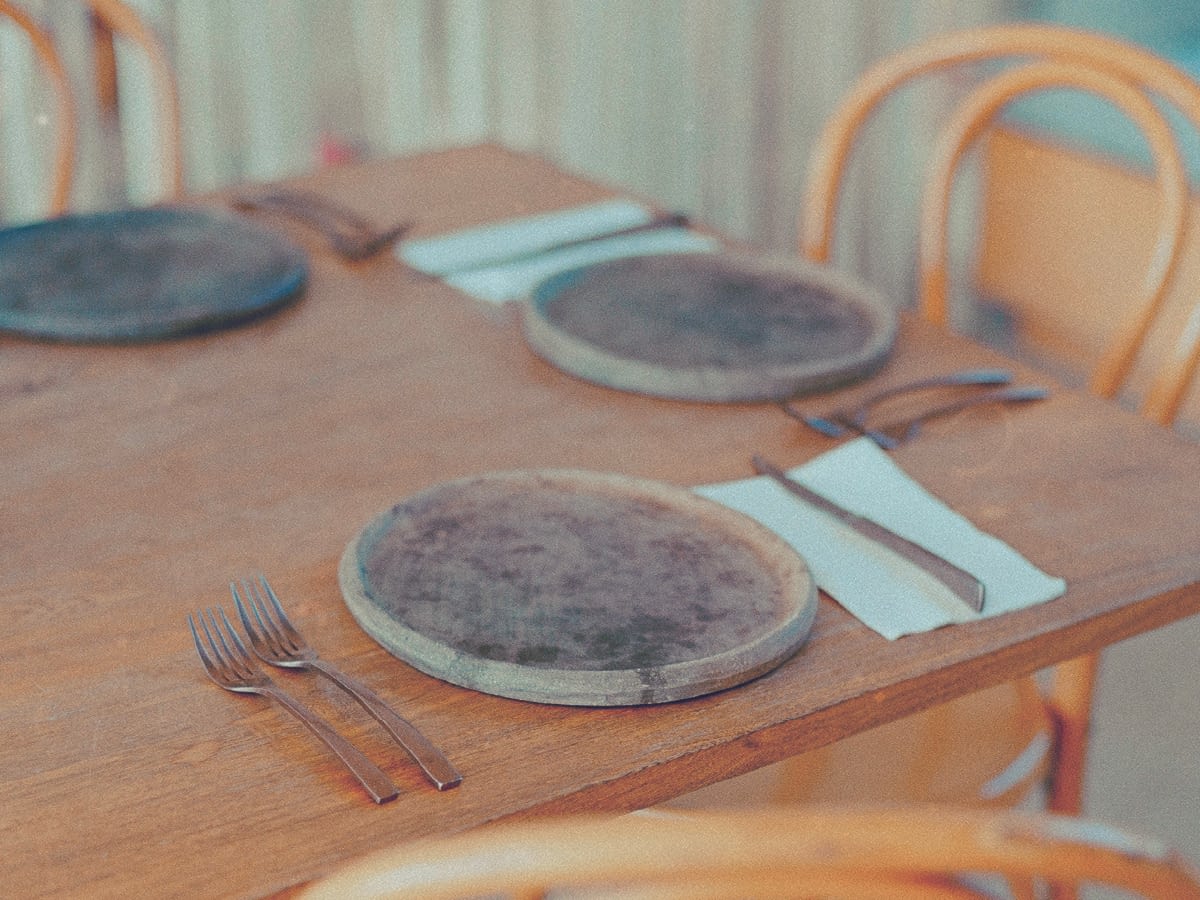Blog
I am writing this article on contentment during a very difficult season in my life. I look out at the pristine lawns, sunny sky, and encroaching spring coaxing robins to take flight—three days before we bury my aunt, who died two months after we buried my grandmother, her mother, who died two months after we buried my uncle, her brother.


Can you imagine not noticing when you’re hungry? My friend’s teenage daughter has this condition, part of what’s called poor interoception. This technical term refers to the ability to notice and identify signals within the body, in this case hunger.

When I was in high school, I went through a particularly rough patch with my friendships. Though I thought I was pretty good at being a friend, I struggled with feeling like my friends were maybe less interested in being a friend to me.

“Alright everyone, we’re going to start off with a little get-to-know-you question. Let’s go around the circle and say what actor you’d want to play you in a movie about your life. Stephanie, you want to go first?”

I stepped into the grocery store and frowned at the bunches of “Happy Father’s Day” balloons, strategically placed by the entrance. If I’d been shopping for my husband or my now-grown sons, who are wonderful dads, my mission would have been easier. But that day, I had to buy a card for my father.

Telling stories and writing poetry has always felt like a calling to me, but early on, I didn’t find myself surrounded by very many other creatives. Then, in my mid-twenties, I began a career in arts administration, and a whole new world opened up to me. I found myself surrounded by a community of people who cared as much as I did about the music of language, plot development, and proper semicolon use.

Church splits are painful. Excruciatingly so. Having grown up as a pastor’s kid, I am well acquainted with church strife. It wasn’t until my early thirties, however, that I experienced the separation of a body of believers. Together, we had celebrated weddings, welcomed new babies, and enjoyed the ordinary, beautiful moments of life.

Amongst my three children, I’ve witnessed six commencement ceremonies—each one unique and still somehow similar to all the others (and my own). The robes and tassels. The diplomas and degrees. The pomp and circumstance. And the celebratory nature of it all.

How are you feeling? No really? Are you worried about anything? Anxious? Sad? Angry? Or maybe just have that underlying feeling of being overwhelmed? April flowers are supposed to bring May flowers, but what if your May looks gray, withered, or dark? What if you’re experiencing stress, anxiety, grief, worry, or depression? What if you’re just feeling restless or on edge?